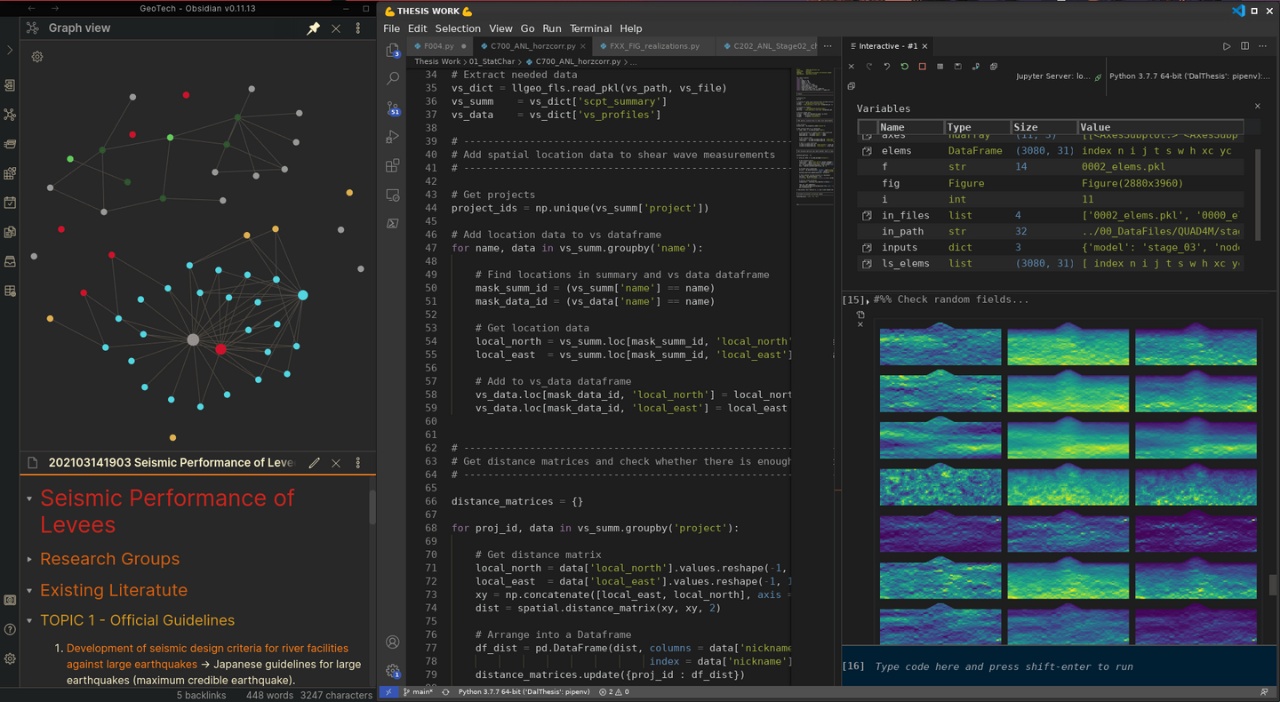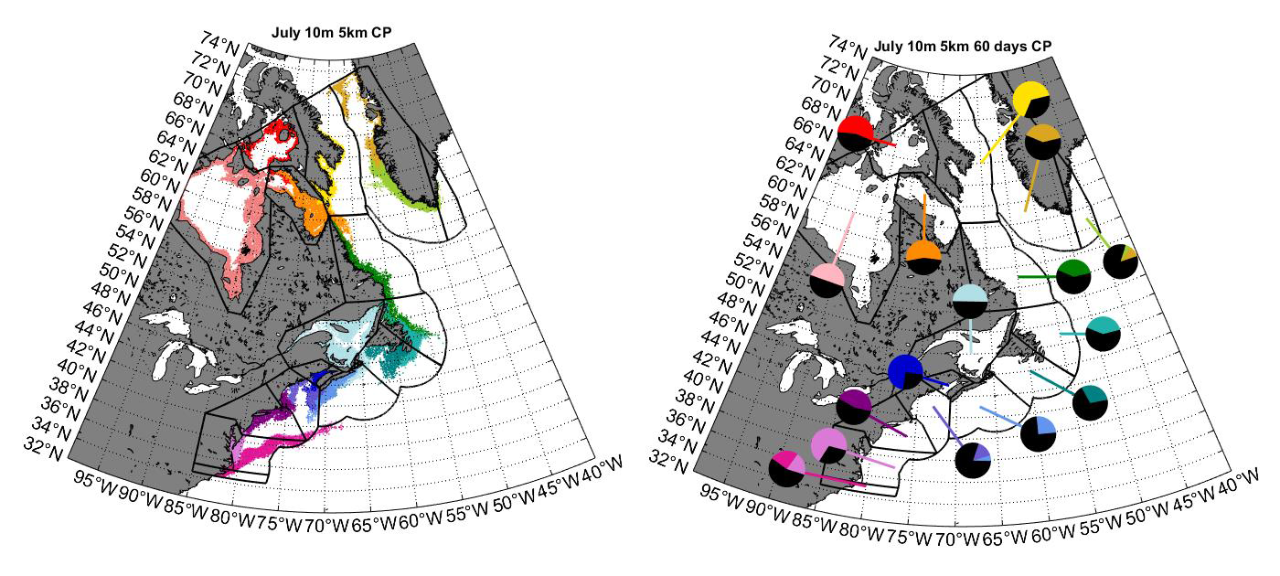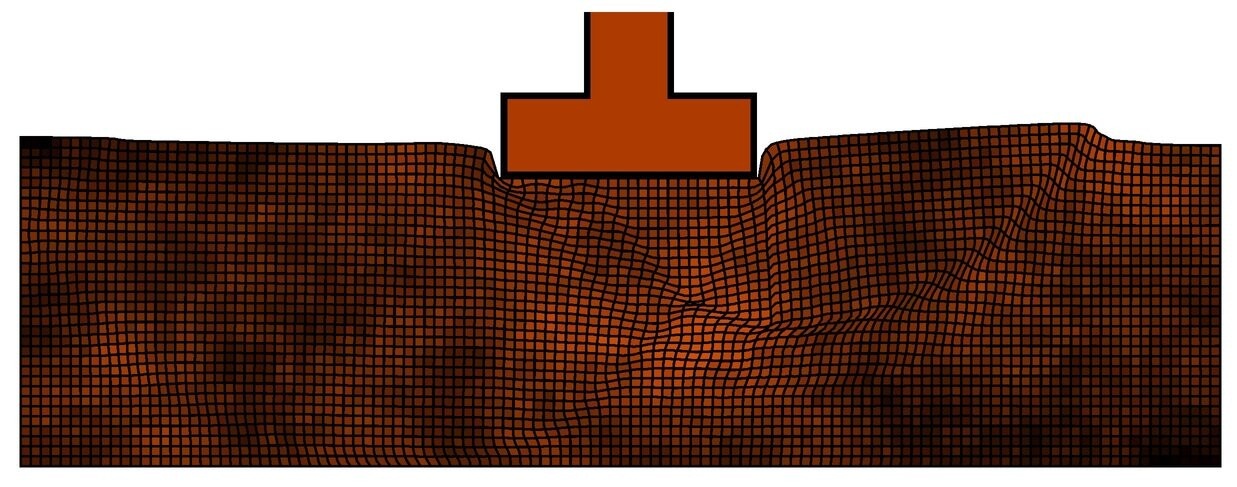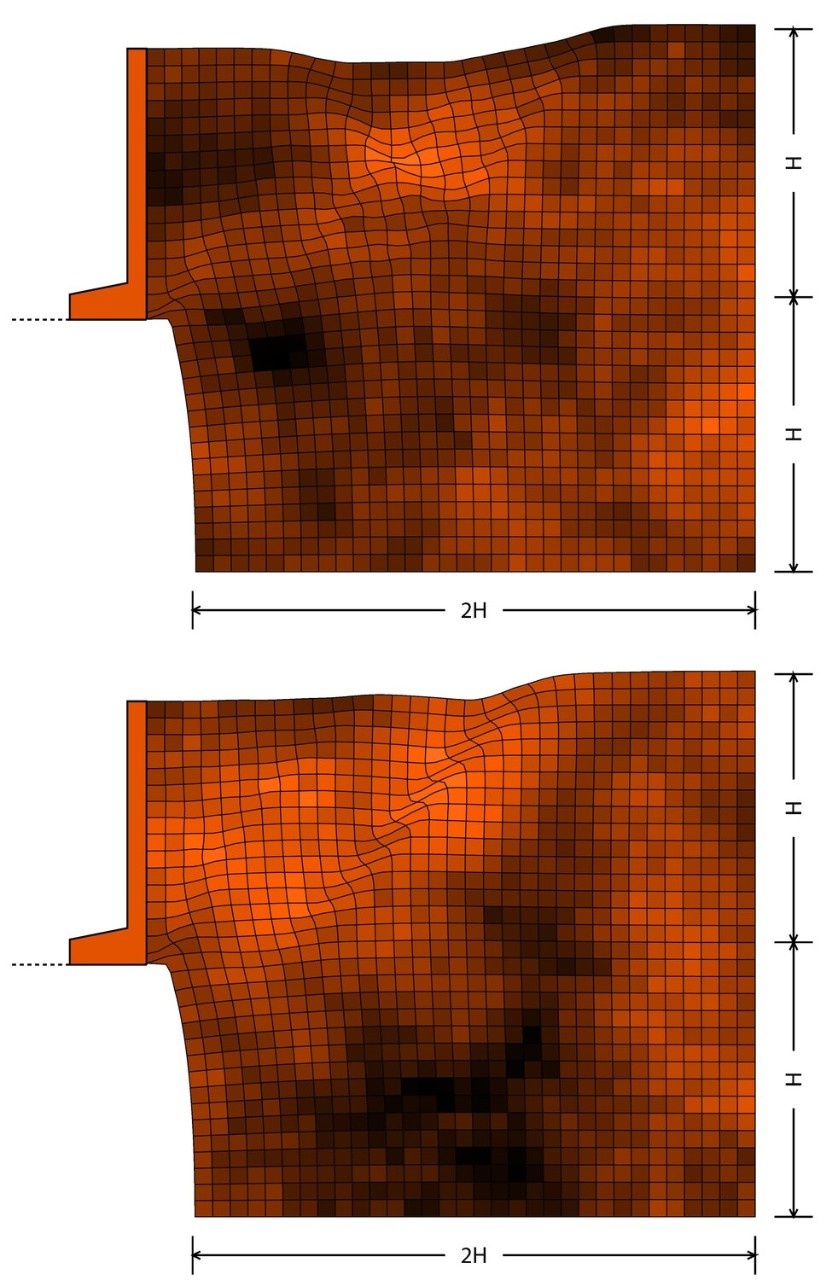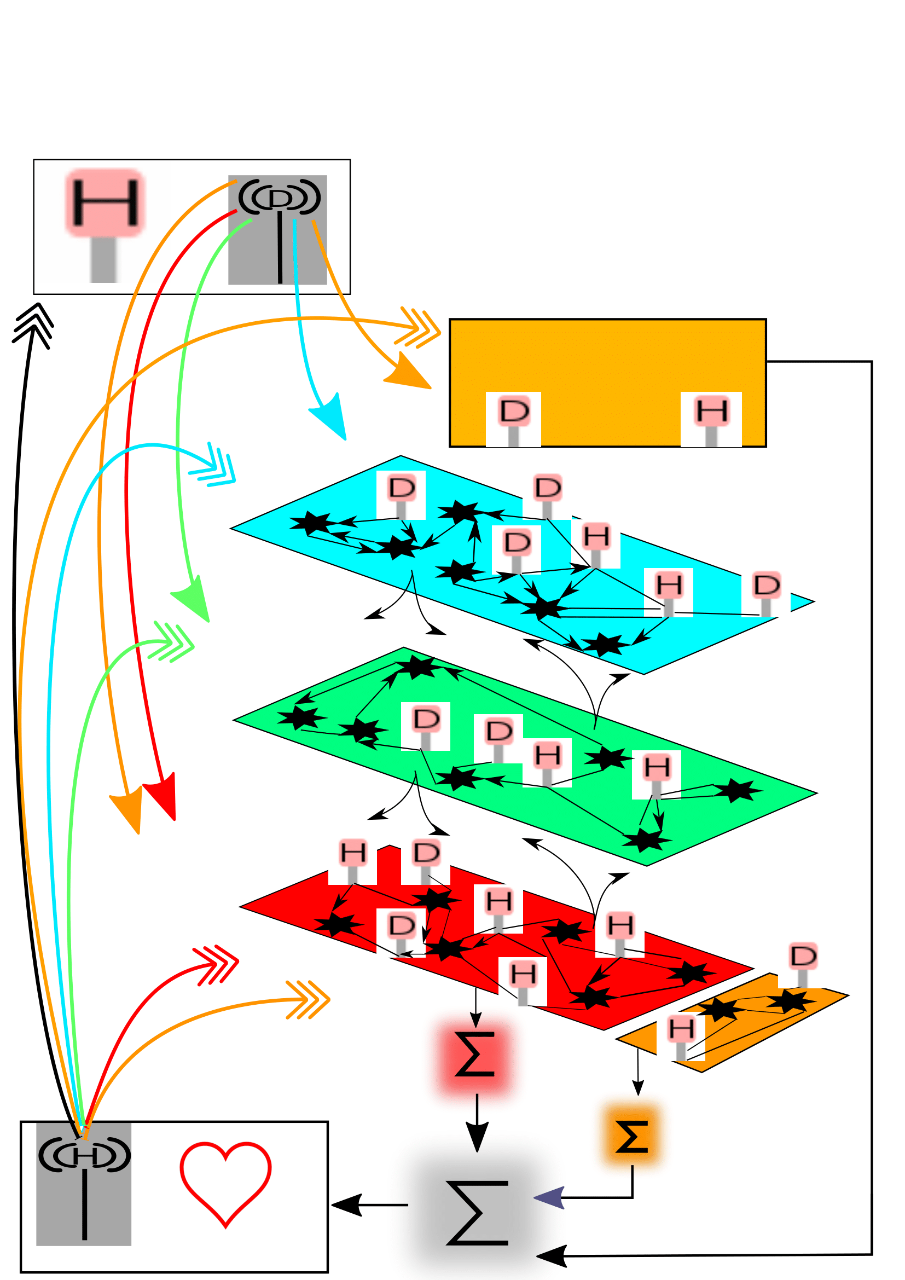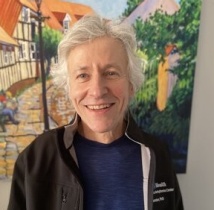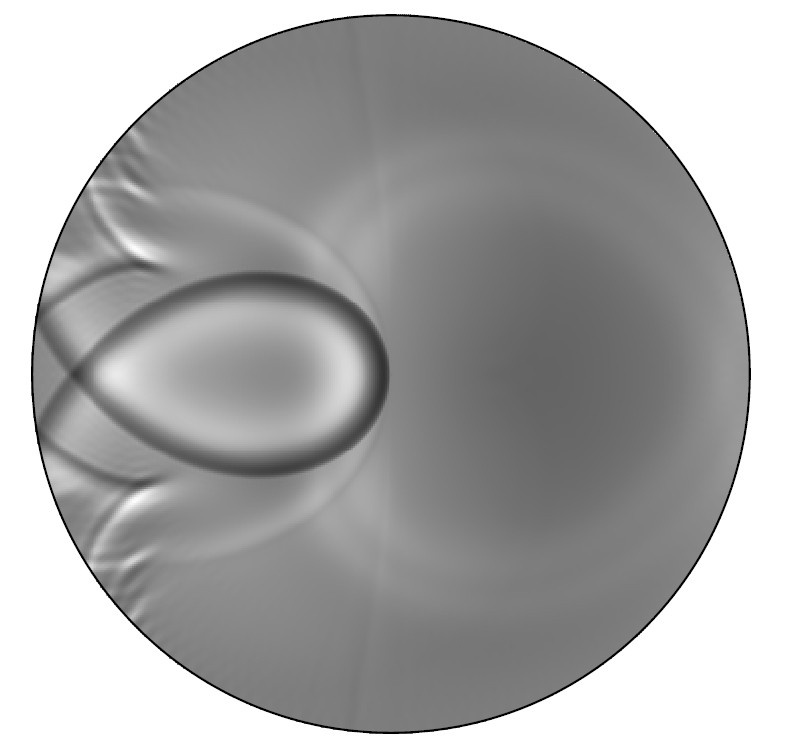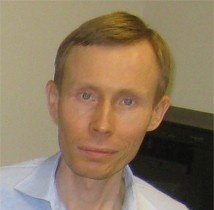Research
Engineering Mathematics Research
Our department strongly believes in the interdisciplinary nature of research in Engineering Mathematics, and is involved in a wide variety of research activities. Much of these relate to using mathematics to handle problems occurring in engineering, science, social science, etc. Our individual areas of expertise are as diverse as we are.
Learn about some of our Research Areas:
Current Research Opportunities
Looking for an opportunity to do some research? This webpage will be updated with faculty members who are actively searching for prospective student researchers.
Current Status: There are no opportunites availible at this time. Please check back soon!
